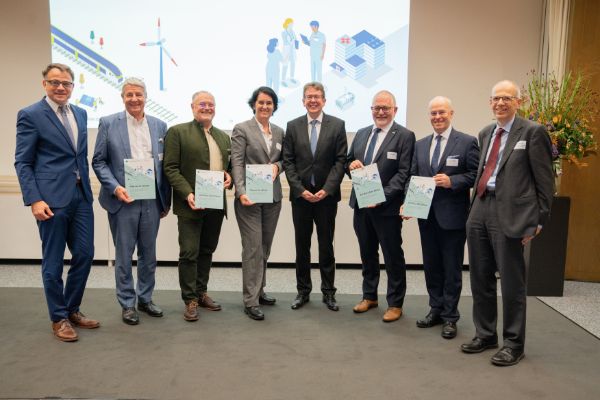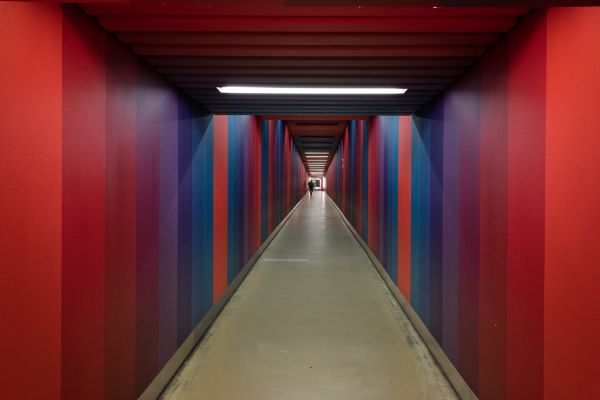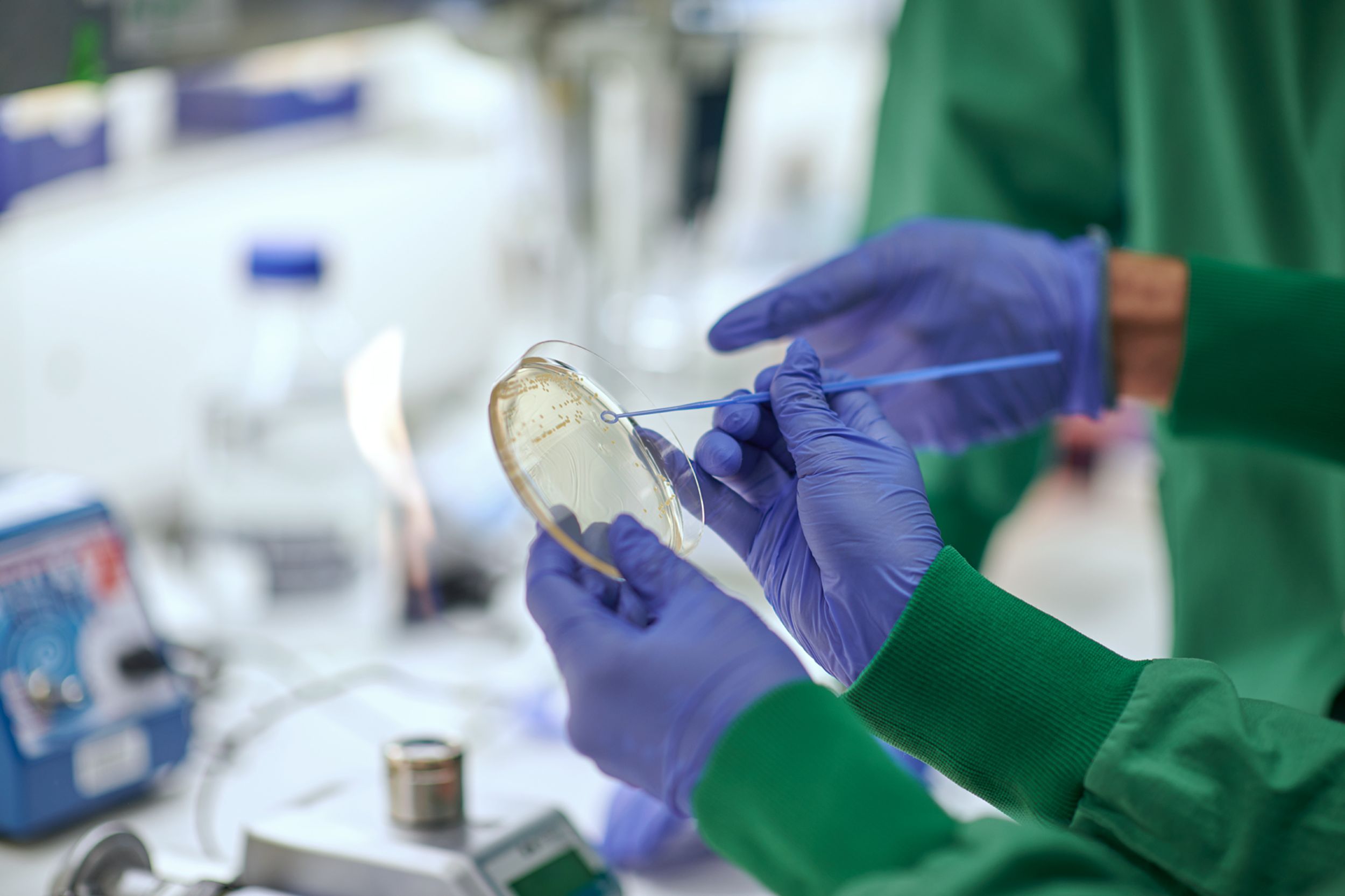
Annual report 2022
Demand is increasing, people remain the priority
Key figures 2022
USB
Konzern
41'703
stationäre Patientinnen und Patienten
8'114
Mitarbeitende
1,31
Mrd. CHF Umsatz
6,7 %
EBITDAR-Marge
Interview with Robert-Jan Bumbacher and
Dr. Werner Kübler
The University Hospital Basel (USB) is well positioned, resulting in increasing demand for our services and a satisfactory annual financial statement compared to the rest of the industry, but also a high workload for employees. To counter this, the USB is focusing on the pillars of recruitment, training and digitalization. In addition, the USB is constantly investing in the attractiveness of the various job profiles.
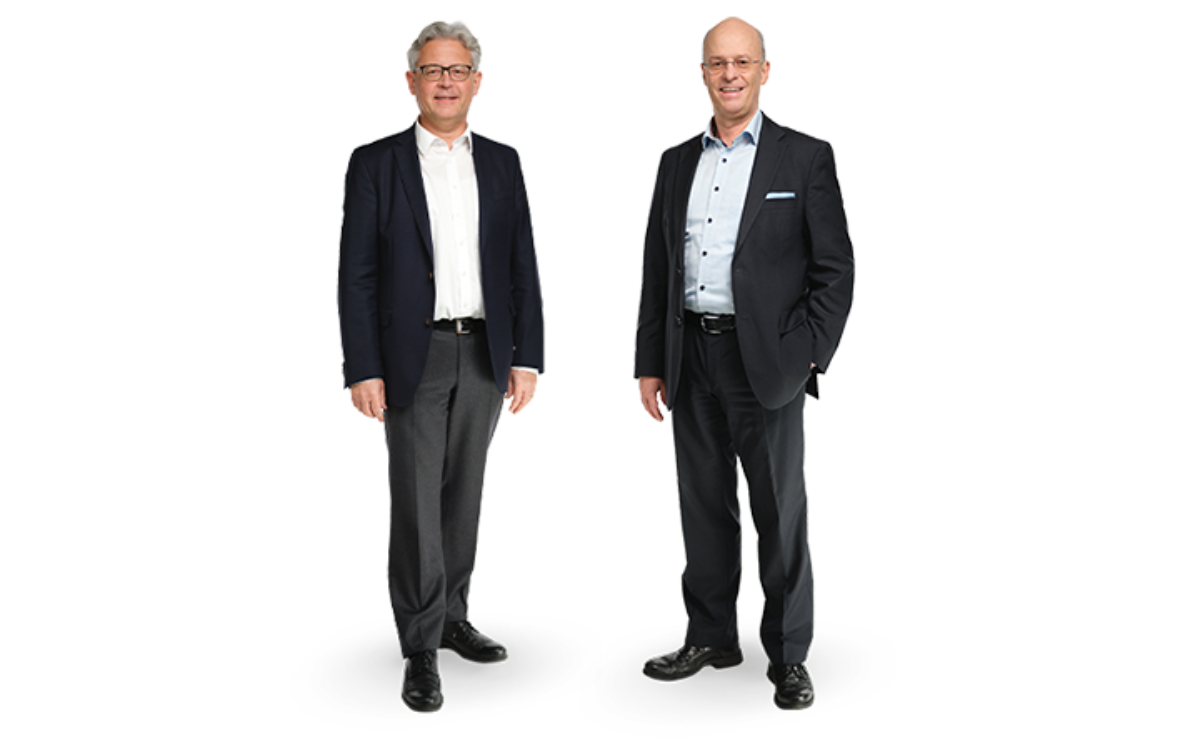
Profit of 5.6 million francs for 2022
The USB was able to post a profit of 5.6 million francs, while most other large hospitals had to accept losses, why?
KüblerThe most important factor is certainly that demand for our services continues to rise more strongly than forecast. On the one hand, this is pleasing because it is a sign of confidence in our good work. On the other hand, this development puts enormous pressure on our system and our employees, but it also results in higher income.
BumbacherWe are well positioned and relevant for regional supply, which is certainly part of the explanation for the increasing demand and for our annual financial statements, which are acceptable compared to the industry. However, the flip side of this is a high workload for our employees.
KüblerNevertheless, we can claim that we are still in a good position in terms of personnel, thanks to our great efforts in recruitment. In contrast to the other large hospitals in Switzerland, we have never had to close any significant number of beds due to a lack of staff. This is also a factor that has contributed to our result.
Exceptional cost factors and CHF 500 premium
There were exceptional cost factors relating to coronavirus in 2022 and inflation is on the rise. In addition, the USB paid out a bonus of CHF 500 to all employees. How does that affect the bottom line?
BumbacherThese special factors are reflected in the figures, that's clear, although the bonus was already provided in 2021. The direct costs due to corona have fallen compared to the previous year and we can pass them on in part. The canton of Basel-Stadt has still reimbursed us for part of the Covid expenses, but not to the same extent as in the previous year. However, inflation and energy costs are factors over which we have little influence. We will try to adapt to this, for example by saving energy where we can without compromising the quality of medical care.
KüblerCertain expenses, particularly in the area of personnel, are crucial for us. The bonus we paid our employees was a modest but important sign of our great appreciation. Our employees always do a great deal. And during the pandemic, it was often a lot and sometimes too much.
«2023 werden wir die Teuerung mit durchschnittlich 3% ausgleichen und strukturelle Anpassungen vornehmen. Das sind wichtige Massnahmen, um das Personal zu entlasten und als Arbeitgeber attraktiv zu bleiben. Wir prüfen derzeit, wie man die Schichtarbeit in der Pflege flexibler gestalten kann.»


Dr. med. Werner Kübler, Hospital Director
Remaining attractive despite a dried-up labor market
The dried-up labor market is the dominant issue in the healthcare sector. What is the USB doing to remain attractive?
Kübler: We have taken measures in critical areas, particularly in nursing, with the "Nursing Roadmap" and will continue to implement them in 2023. We are now also looking at the area of assistant and senior physicians. In 2022, we compensated for inflation with an average of 3 % and made some structural adjustments. These are important measures to relieve and reward staff, but also to remain attractive as an employer. To this end, we are also breaking new ground: we are currently conducting pilot tests to examine how shift work, one of the most stressful elements of everyday working life, can be made more flexible in nursing.
Bumbacher: The personnel issue is also the one that is being tackled with the highest priority at a strategic level. We are not alone here; it is a problem that affects all hospitals, not just in Switzerland. One of the steps we have taken, in addition to the many internal measures to improve working conditions, is to further intensify and expand our recruitment efforts. We have further increased our recruitment efforts. Investment is needed in this area in order to achieve results.
Confirmation of the good work at the USB
The pandemic played a lesser role in 2022 compared to the previous year. Why was the demand on the core business nevertheless so high?
Kübler: This is a phenomenon that can be seen in all major centers in Switzerland and to which no one has a definitive answer. It could be partly a catch-up effect as a result of the pandemic. However, there are also a number of other factors at play: Staff shortages are forcing smaller hospitals to close beds, and there is a greater focus on the larger centers. This trend already existed before the pandemic. It certainly also has something to do with the ever-increasing specialization in medicine, growing demands and demographics. There are various trends that are interacting here.
BumbacherAnd it is, of course, a confirmation of the good work that is done at the University Hospital Basel on a daily basis. Our medical and nursing services as well as the research and training at our hospital are outstanding, even by international standards. At the same time, however, the growth is also increasingly revealing the weaknesses in the system, for example in the tariffs, which are simply not sufficient to cover the costs, particularly in the outpatient area. However, it is also difficult with the inpatient tariffs, which are too low, and with the center services as well as the maintenance services that we provide for the region, but which are also not sufficiently financed.


Robert-Jan Bumbacher, Chairman of the Board of Directors USB
«Wir sind gut positioniert und relevant für die regionale Versorgung, das ist sicher ein Teil der Erklärung für die steigende Nachfrage und für unseren im Vergleich zur Branche zufriedenstellenden Jahresabschluss. Die Kehrseite davon ist eine hohe Belastung. Für den enormen Einsatz sprechen wir allen Mitarbeitenden unseren grossen Dank aus.»
USB acquires majority shareholding in Bethesda Hospital
Despite the heavy workload, numerous projects were initiated and implemented, what stands out in particular?
Bumbacher: By acquiring a majority shareholding in Bethesda Hospital Basel, we have taken an important strategic step towards strengthening university medicine in the long term. True to our corporate values, we have decided to play a courageous and responsible role in shaping the healthcare region. This was an opportunity to take a step towards graduated healthcare in which everyone receives exactly the treatment they need.
KüblerNow it is a matter of concretizing and implementing this cooperation. We want patient pathways in both hospitals that are as consistent and interface-free as possible. Ideally, they should begin before admission to hospital and continue through the patient's stay in hospital to rehabilitation and follow-up monitoring. At the same time, we have also initiated an internal restructuring process that should give us more flexibility and additional reserves. In this context, we have succeeded in physically bringing our Heart Center together in one location, which benefits both patients and employees. Here, too, we have broken new ground in terms of collaboration and have moved our dermatology outpatient clinic to the Felix Platter Hospital site and the sleep laboratory to the Bethesda Hospital parent hospital.
Sustainability at the USB - energy savings realized in radiology
The University Hospital also presents its sustainability report, what stands out in particular?
BumbacherSustainability has also become much more important in economic terms as a result of the energy crisis. Our efforts pay off financially when we save electricity, for example. So we were certainly right to focus on this area. We have also had some good successes, for example in the field of radiology, where we have succeeded in making considerable energy savings on a scientific basis without compromising on quality.
KüblerThe awareness of the issue is palpable throughout the building. On the one hand, there are top-down initiatives, such as our own energy-saving campaign or the sustainability weeks, which focus on the kitchen in the staff restaurant, among other things. On the other hand, we also see various good ideas coming from employees. They form "green teams" throughout the company, which implement potential improvements in their immediate environment, for example with drinking water dispensers or switching to black and white printing.
Pioneering work in value-oriented healthcare
When it comes to quality, the USB relies on value-based healthcare, among other things. Is this still the way to go?
BumbacherYes, absolutely. The approach is being pursued in Basel in a pioneering role for Switzerland, there are partnerships here with other hospitals and with companies that are very promising. Today, it is a matter of course to offer state-of-the-art treatment methods based on scientific evidence. However, we also want to know whether these therapies actually meet the wishes, expectations and preferences of our patients. The aim is to offer the right therapy at the right time and in the right place. This is why we survey our patients for many clinical pictures using the so-called Patient-reported Outcome Measures - PROMs - and thus carry out valuable pioneering work to make patient-centered medicine a reality.
Building in and around the hospital
Let's look to the future: the development of the campus is imminent. How do you view this long-term process?
Bumbacher: With great respect. It is a generational project that is needed to ensure healthcare and university medicine in the future. It is a project that needs to be planned and implemented with great care, purely in terms of its dimensions. We analyzed the entire planning again in 2022. We examined and calculated variants in the construction sequence with the help of external experts. And we came to the conclusion that we are on the right track. That is why we have also given the green light to proceed along the originally agreed route in 2023.
KüblerWhat is clear is that the people of the region and our company need this new infrastructure. You can't put off a long-term project like this indefinitely. We are not primarily expanding capacity, but establishing modern processes and procedures so that we can better meet patient needs and work more efficiently. The first preparatory work started in 2023. The project will certainly present major challenges, particularly in terms of hospital operations in the premises directly adjacent to the construction site. This will require a great deal of coordination between the core business and those responsible for construction.
A look into the future
What do you expect for the course of business in 2023?
KüblerIt will be very challenging financially. We are confronted with inflation and price increases, which we want to compensate our employees for as much as possible and, above all, energy costs have exploded to an unprecedented extent. The tariffs are not keeping pace with these cost developments.
Bumbacher: Due to the cost drivers mentioned and the inadequate tariffs, we see one or two tough years ahead of us financially. But we can't just slam on the brakes at will. The demands on our services and the expenditure required to ensure adequate care are increasing. We have to and want to invest in staff, we have to invest in infrastructure and also push ahead with digitalization. In addition, to safeguard university medicine in the region, we need to constantly invest heavily in teaching and research, for example in our innovation foci. We owe this to our patients and the entire healthcare region.
KüblerAt the same time, we need to identify potential savings and continue to optimize processes and resource consumption. We identify and realize targeted efficiency gains. But as I said, it will be challenging. Sustainability is important here: we are pressing ahead with all measures to further develop the USB financially, ecologically and sustainably.
News from the USB
The Board of Directors
The Board of Directors is the supreme management body of the company. The Board of Directors constitutes itself. The election of the Chairman by the Government Council is reserved. The Board of Directors delegates the management of the company in its entirety to the hospital management, unless the law or the organizational regulations provide otherwise. The Board of Directors is responsible for the overall management, supervision and control of the management.

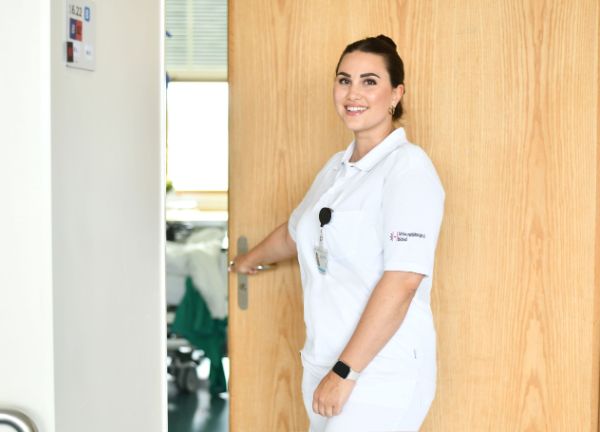



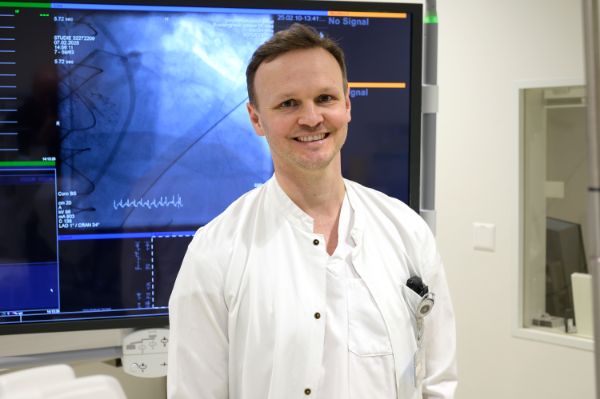
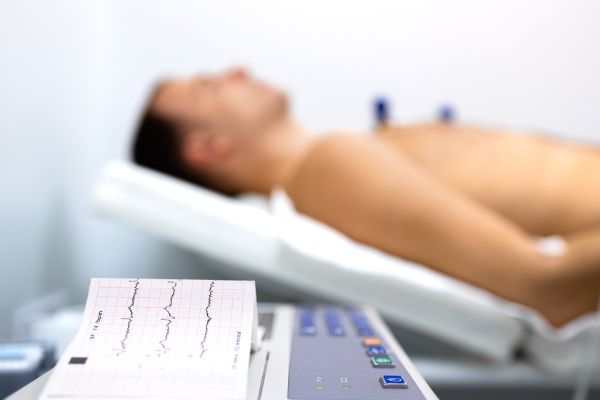

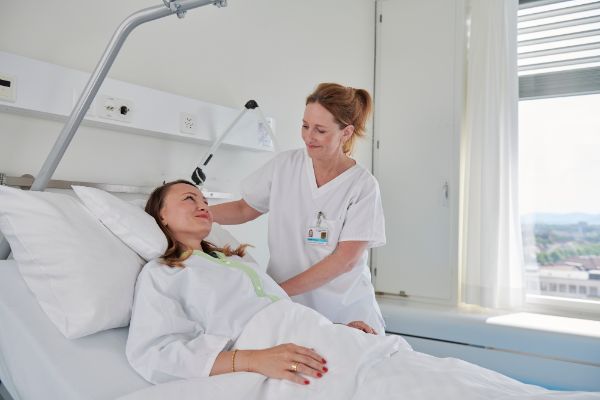
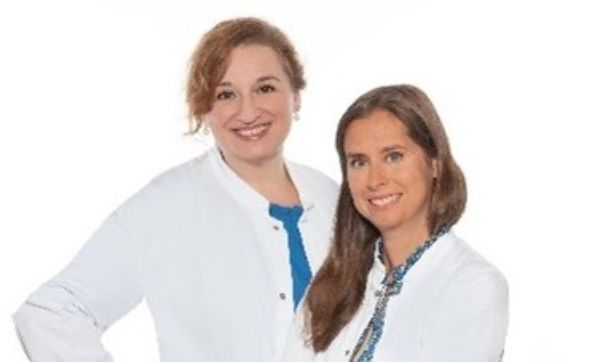
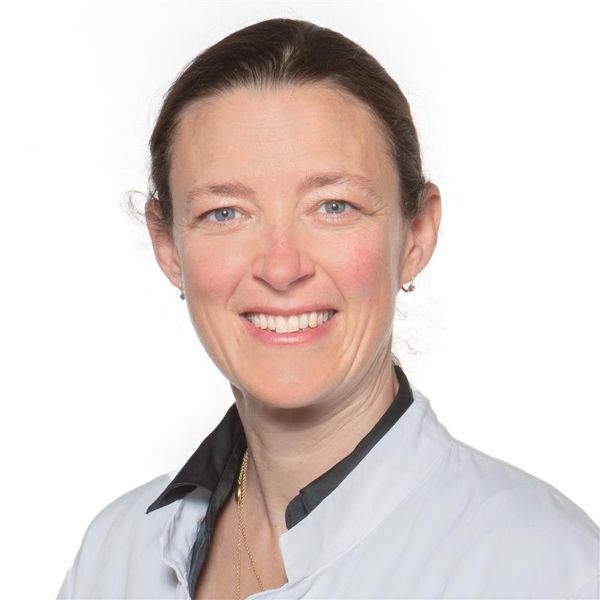

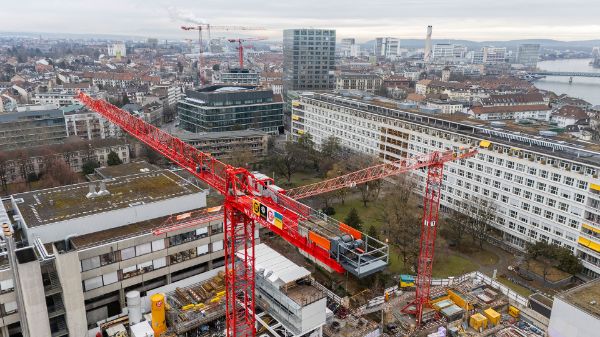

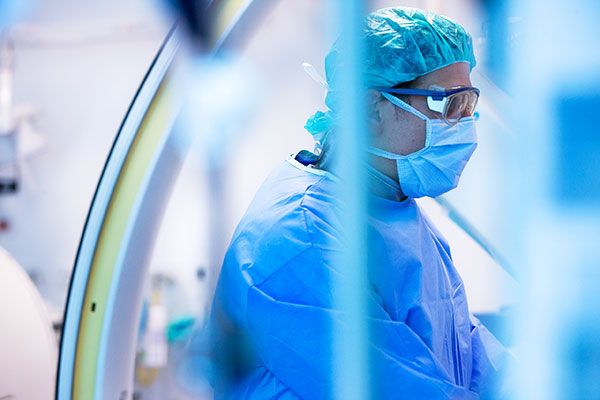

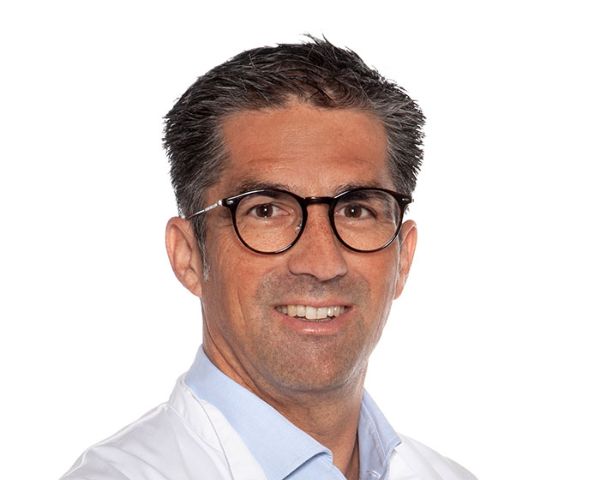


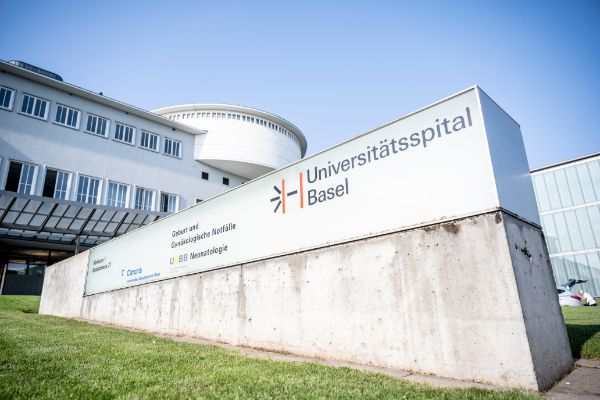
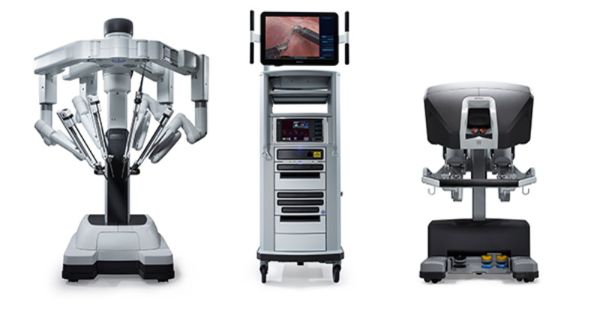
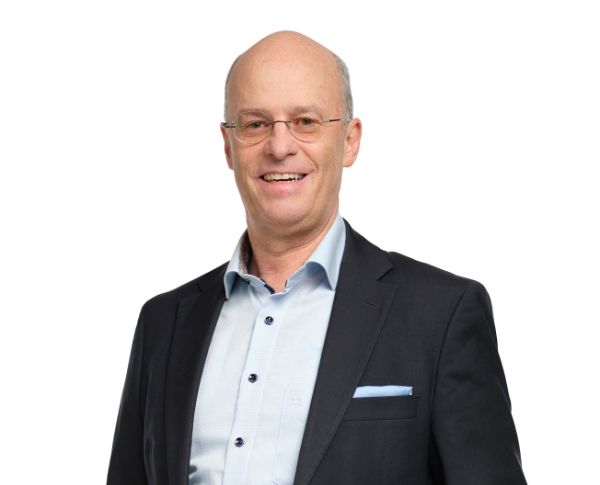
_web.jpg/jcr:content/24.09.01.EMYL_PantonGang_Def(5)_web.jpg)
